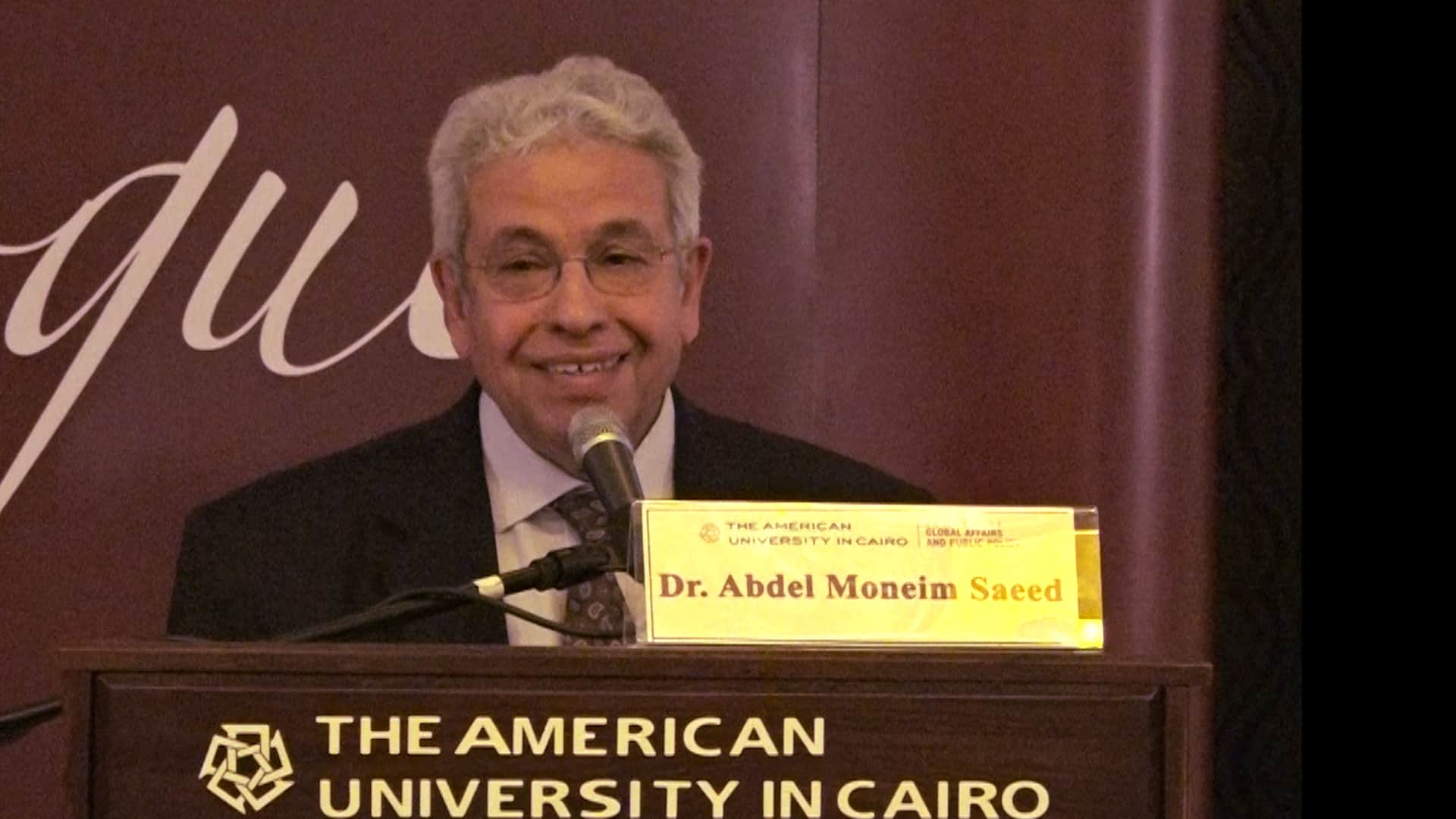
Abdel Monem Said, political science scholar and Chairman of the Board of Directors of Al-Masry Al-Youm, has published a new book, titled Al-Allam Mabaad al-Korona (The World Post-Coronavirus), that brings to light the ways in which the coronavirus pandemic has and will affect the world.
Said explains in his book the utter complexity of the virus, noting that in addition to the negative health impacts it brings, there are additional economic and social consequences.
The book, published by Akhbar El-Youm, consists of four chapters.
The first half of the book examines the virus in different parts of the world, with a focused chapter on the Middle East and Egypt. Chapter three offers insight into the post-coronavirus world, and the last chapter is a collection of political debates about the virus.
The book paints a thoughtful picture of the COVID-19 pandemic and brings forth the challenges that citizens, governments, and countries have been forced to face.
There are economic challenges, such as increased rates of unemployment and terrorism along with moral struggles that some governments have to confront such as the hard decision between preserving human life or its economy.
Moreover, geopolitical problems are posed by several attributes among which is the growing strain in US-China relations.
“It is not a border war, but a war of existence”, Saeed describes the pandemic.
In addition to the sweeping effects of the virus, Said tackles specific situations facing different countries. Although each country faces different challenges and has employed different methods to tackle the virus, Said is certain of one thing: “We are facing a global crisis in which everyone is a loser”.
Said warns that the lasting ramifications of coronavirus will be deeper than previously imagined, and that even with the development of an effective vaccine, humanity will feel the greater societal manifestations of the virus for years to come.
Edited translation from Al-Masry Al-Youm




